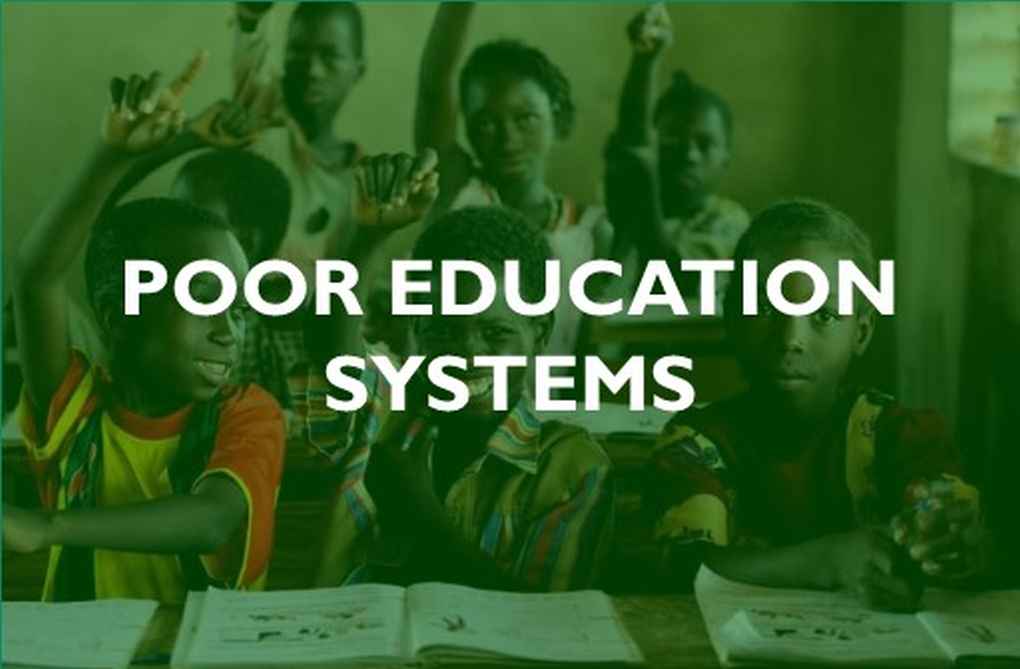The entire budgetary allocation for education in Nigeria for 2019 was estimated at $1.7 billion (620.5 billion naira), which critics pointed out was 15% to 20% below the minimum level recommended for developing countries by the United Nations Educational Scientific and Cultural Organization (UNESCO).
The choice of seeking education in the overseas is largely driven by local problems. Perennial under-funding of education in Nigeria has resulted in significant decline in both the quality of teachers and infrastructure in schools. At the tertiary level, the problems are compounded by recurring strike actions by public university lecturers amid protests of low wages and benefits.
These problems have fueled a rise in expensive private universities which offer the promise of fixed calendars without strike action and better facilities as viable alternatives for middle and high-income families seeking higher standards. But there is still a capacity problem as Nigeria’s university system, which holds over 150 schools, remains mostly over-populated. As such, only one in four Nigerians applying to a Nigerian university will get an admission. Between 2010 and 2015, only 26% of the 10 million applicants that sought entry into Nigerian tertiary institutions gained admission, according to Nigeria’s statistics agency.

